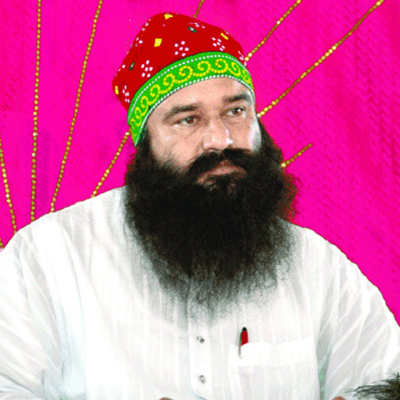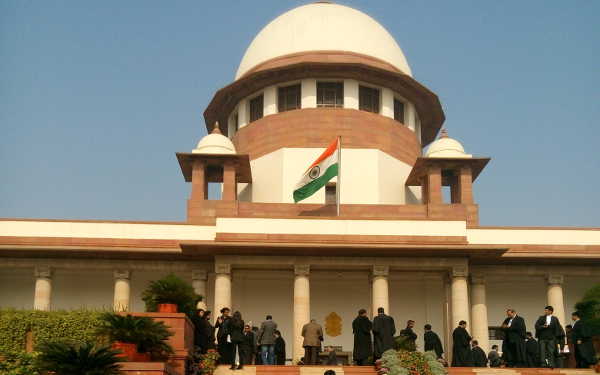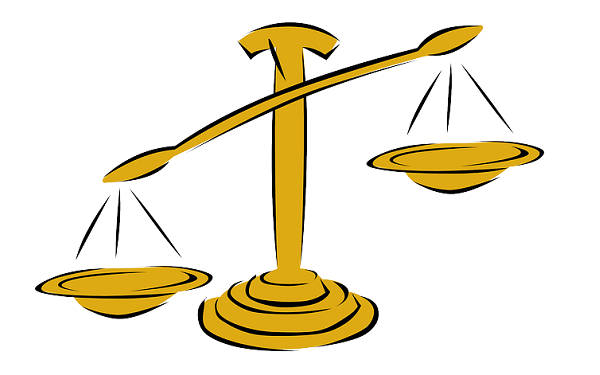Question: Can I file a civil suit in the court with insufficient court fees, while the remaining court fees can be paid at a later time? Due to some financial hardships, I am unable to pay huge court fees in one go, but at the same time I cannot delay filing of my suit due to time limitations. Will the court allow me a chance to pay the remaining court fees later while entertaining my suit at this stage on the basis of the part court fees paid? May be in a period of about 6 months, or even earlier, I can pay the remaining court fees.
Answer: Section 149 of the Civil Procedure Code empowers the court, in its discretion, at any stage of the proceedings, to pay the whole or part of the court fees prescribed for the suit. This section is reproduced below:
“149. Power to make up deficiency of court-fees.— Where the whole or any part of any fee prescribed for any document by the law for the time being in force relating to court-fees has not been paid, the Court may, in its discretion, at any stage, allow the person, by whom such fee is payable, to pay the whole or part, as the case may be, of such court-fee; and upon such payment the document, in respect of which such fee is payable, shall have the same force and effect as is such fee had been paid in the first instance.”
Therefore, if only a part of the court fees has been paid by the plaintiff at the time of filing of the civil suit, the court may permit him, in its discretion, to pay the part court fees at a later stage of the proceedings. You may have to justify why you could not pay the whole of the court fees in the beginning itself.
In this regard, in the case of Manoharan v. Sivarajan, (2014) 4 SCC 163, the Supreme Court has held that:
“Section 149 of the Civil Procedure Code prescribes a discretionary power which empowers the court to allow a party to make up the deficiency of court fee payable on plaint, appeals, applications, review of judgment, etc. This section also empowers the court to retrospectively validate insufficiency of stamp duties, etc. It is also a usual practice that the court provides an opportunity to the party to pay court fee within a stipulated time on failure of which the court dismisses the appeal. In the present case, the appellant filed an application for extension of time for remitting the balance court fee which was rejected by the learned Sub-Judge. It is the claim of the appellant that he was unable to pay the requisite amount of court fee due to financial difficulties. It is the usual practice of the court to use this discretion in favour of the litigating parties unless there are manifest grounds of mala fides. The court, while extending the time for or exempting from the payment of court fee, must ensure bona fides of such discretionary power. Concealment of material fact while filing application for extension of date for payment of court fee can be a ground for dismissal. However, in the present case, no opportunity was given by the learned Sub-Judge for payment of court fee by the appellant which he was unable to pay due to financial constraints. Hence, the decision of the learned Sub-Judge is wrong and is liable to be set aside and accordingly set aside.”
It was further held by the Supreme Court:
“In the case in hand, it is clear from the evidence on record that the appellant could not pay court fee due to financial difficulty because of which his suit got rejected. It is also pertinent to note that the appellant had moved the court claiming his substantive right to his property. The appellant faced with the situation like this, did not deserve the dismissal of the original suit by the court for non-payment of court fee. He rather deserved more compassionate attention from the Court of the Sub-Judge in the light of the directive principle laid down in Article 39-A of the Constitution of India which is equally applicable to district judiciary. It is the duty of the courts to see that justice is meted out to people irrespective of their socio-economic and cultural rights or gender identity.”
In view of the above, it should be possible for you to file the civil suit by paying a part of the court fees and requesting for extension of time for the payment of the remaining court fees. You may highlight your financial constraints and the above Supreme Court judgement in your support.













